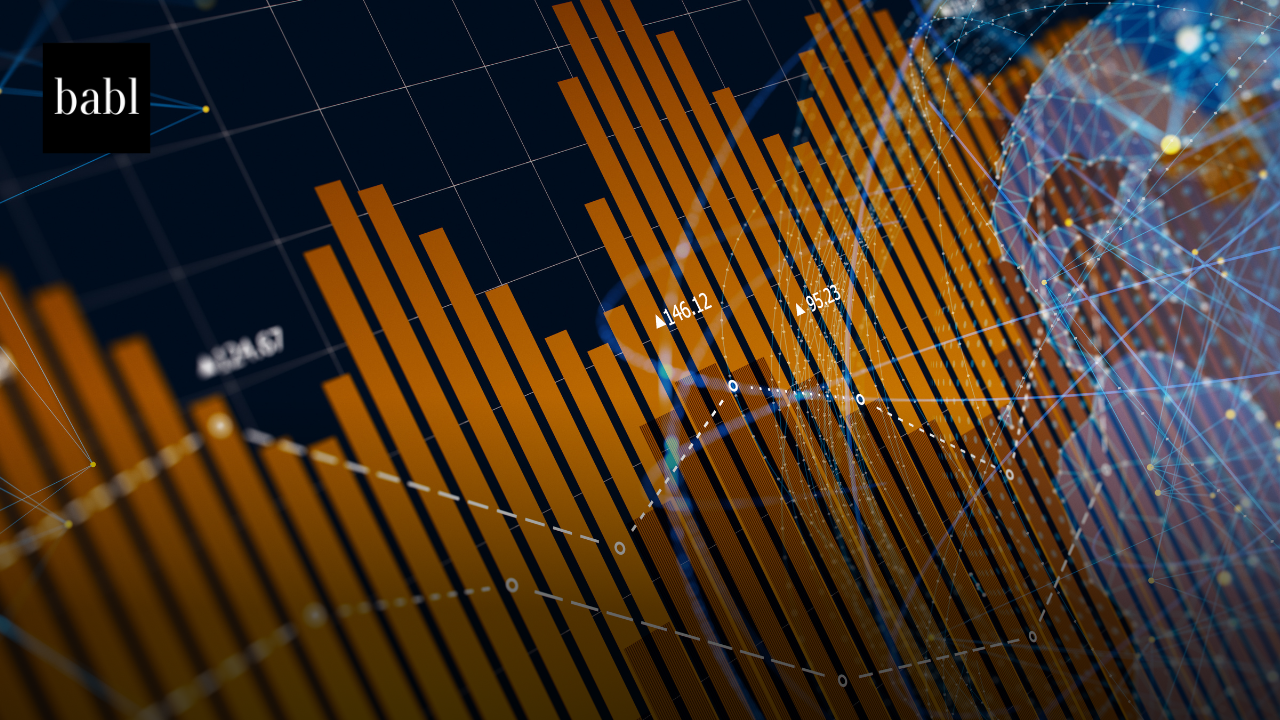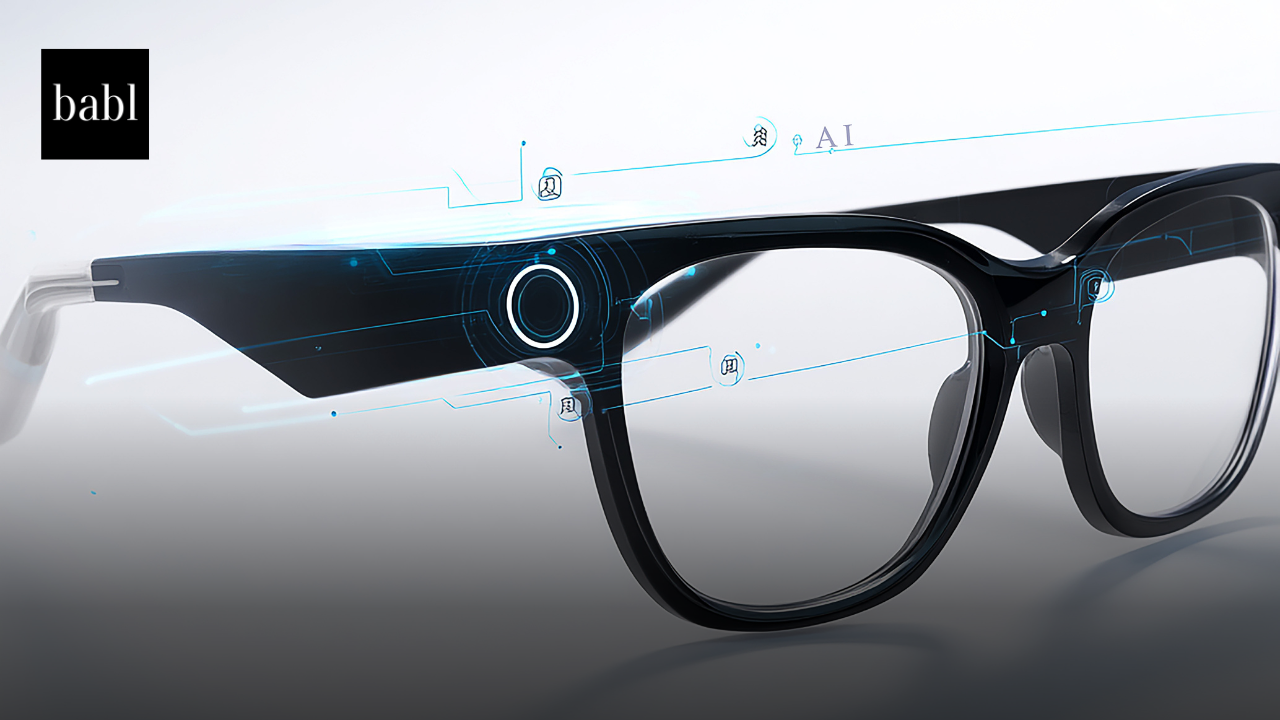Artificial intelligence is set to become as foundational as electricity, transforming industries, infrastructure, and human interactions. That’s according to Deloitte’s 16th annual Tech Trends report.
Tech Trends Report Details
The report, unveiled by Deloitte’s Office of the CTO, highlights AI as the driving force behind almost every emerging technology. From spatial computing to AI-enhanced hardware and next-generation cybersecurity, the report presents a vision where AI becomes ubiquitous—quietly optimizing and enhancing daily life, work, and business systems.
Deloitte describes AI’s future as akin to electricity—so embedded in the fabric of society that it becomes invisible. AI will “hum in the background,” the report predicts. The report believes AI will improve traffic flow in smart cities, personalizing health care, and creating seamless educational experiences.
While generative AI has dominated the technology narrative over the past two years, the focus now shifts to AI’s evolution and its role as an unseen but essential utility. Future advancements will expand AI’s ability to interact autonomously, anticipate needs, and deliver value without direct human input.
Next Steps for AI
-
- Spatial Computing Redefines Human-Computer Interaction
Spatial computing is emerging as a transformative force, blending the physical and digital worlds through immersive technologies like augmented reality, virtual reality , and 3D modeling. Organizations are already leveraging spatial computing for advanced simulations—including digital twins of cities, medical simulations, and industrial design.
- Spatial Computing Redefines Human-Computer Interaction
With AI integration, spatial computing will become more intuitive, breaking down information silos and enabling smarter decision-making. Industries like health care, logistics, and manufacturing are poised to benefit the most, Deloitte notes.
-
- AI Drives Hardware Resurgence
After years of focus on software, hardware is re-emerging as a critical driver of innovation, fueled by AI demands. Companies are investing in advanced chips, AI-embedded devices, and offline AI models to meet computing needs efficiently.
- AI Drives Hardware Resurgence
Specialized chips, such as neural processing units, are powering edge computing and robotics, enabling AI applications in autonomous vehicles, medical devices, and consumer electronics. Deloitte predicts that the AI chip market will soar from $50 billion in 2024 to an optimistic $400 billion by 2027.
However, growing energy consumption remains a challenge. As AI scales, enterprises must focus on sustainability, with advances in energy-efficient hardware and carbon-neutral solutions gaining prominence.
-
- Agentic AI Ushers in a New Work Paradigm
The next generation of AI—Agentic AI—will move beyond simple automation and large language models. Instead of merely answering questions, agentic AI systems will execute tasks autonomously. These AI agents will anticipate needs, coordinate with other systems, and make decisions, transforming workflows.
- Agentic AI Ushers in a New Work Paradigm
For example, an agentic AI might monitor business performance, identify potential risks, and recommend actions—all without human prompting. The technology promises to revolutionize sectors such as finance, supply chain management, and IT operations.
Conclusion
Deloitte emphasizes that to succeed in an AI-driven future, organizations must rethink data management, modernize core systems, and prioritize ethical AI governance. The report highlights AI’s role in modernizing legacy infrastructure, ensuring seamless integration across systems to boost productivity and innovation.
It also warns of challenges, including cybersecurity risks posed by emerging technologies like quantum computing, which could render existing encryption obsolete. Deloitte advocates for proactive investments in post-quantum cryptography to secure digital infrastructure.
Deloitte’s Tech Trends 2025 serves as a wake-up call for organizations. As AI becomes foundational, leaders must embrace change, reimagine processes, and foster innovation. The report underscores the importance of collaboration across industries to navigate AI’s complexities responsibly.
Need Help?
You might have questions or concerns about any global guidelines, regulations and laws. Therefore, don’t hesitate to reach out to BABL AI. Their Audit Experts can offer valuable insight, and ensure you’re informed and compliant.





